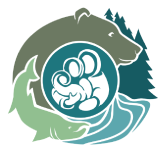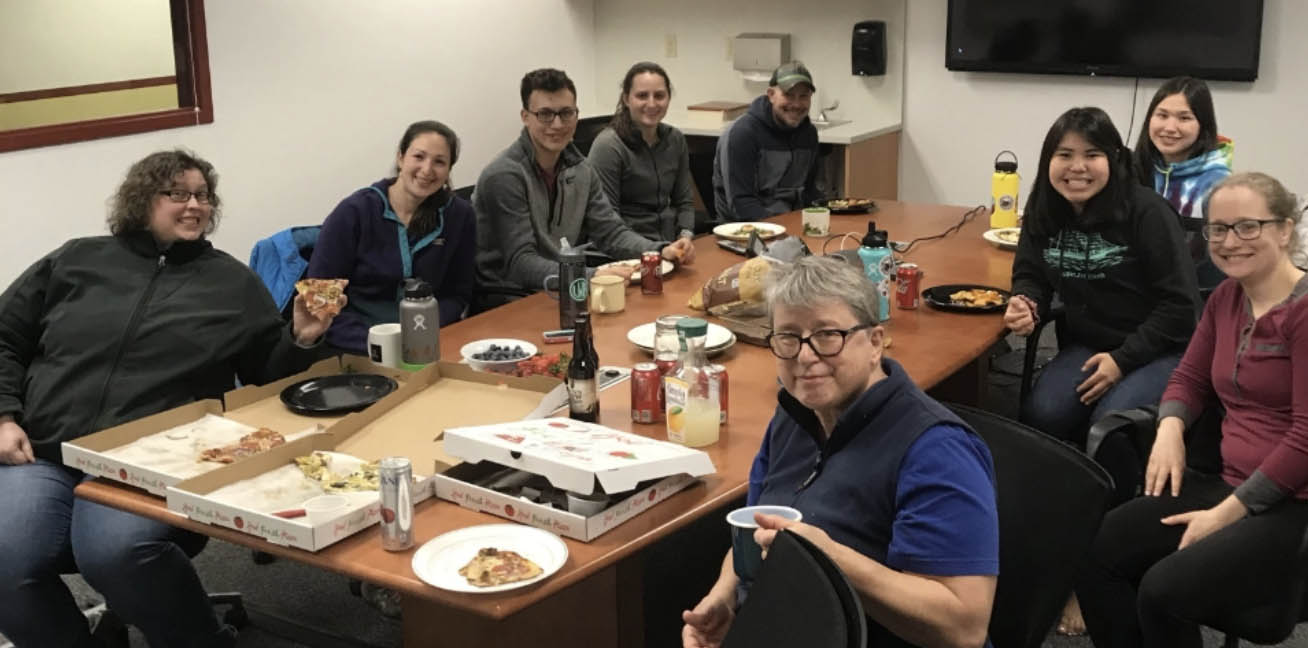Sitka Whale Lab
The Sitka Whale Lab leads marine mammal research, teaching, and outreach in Southeast Alaska.
The UAS Whale Lab has always been based in rural Alaska and focuses on research that affects the ecosystem and coastal residents of Alaska.
Community Based Research
Our lab focuses on human-cetacean interactions that have implications for coastal communities. This includes fishery competition, depredation, entanglement and stranding. We provide evidence-based analysis that is responsive to the needs of managers, industry and community stakeholders.
One Health
One Health is the idea that human, animal and environmental health are intrinsically connected and the health of each one affects the others. This perspective has been named relatively recently in biomedicine but it has been central to indigenous stewardship since time immemorial. One-health research seeks to promote wellness through proactive environmental monitoring. We have seen that large whale individual and population health are indicators of climate-mediated changes throughout the food web. Long term monitoring allows us to detect and document these changes, with widespread implications.

Mentorship
We work with rural students to give them positive first experiences with research and help bring diverse perspectives and experiences into marine science. We maintain close partnerships with Mt. Edgecumbe High School and rural students throughout the region through the RASOR program. We also work closely with the UAF BLaST program and the Sitka Sound Science Center’s Whalefest program.

4D Virtual Whale Necropsy
In late winter 2021, a humpback whale was found dead near Sitka, Alaska. The UAS Whalelab 3-D scanned the whale repeatedly starting with the initial discovery of the whale, through a full necropsy, and complete decomposition. This self-guided virtual experience provides annotations that provide more information about whale biology, pathology, and cultural context. Most whale biologists spend their careers in boats getting a glimpse at whales only when they come up to the surface to breathe or occasionally to feed. Being able to walk right up to a whale, and even look inside its body, offers scientists and stranding network volunteers a rare and meaningful opportunity to learn from whales at close range.
A simplified version of the necropsy is also available with educational resources for planning a small group educational activity.
